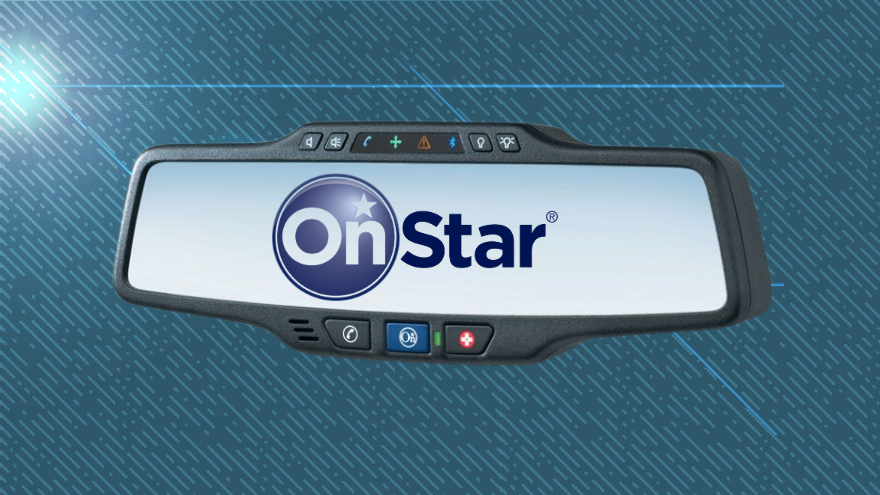Now, a new report shows that automotive manufacturers have been collecting troves of data on Americans’ driving patterns and secretly providing that information to data brokers and insurance companies, who then raise rates on customers with little notice or explanation. Modern cars are equipped with the internet, which allows the use of apps like satellite radio, navigation, roadside assistance, and remotely unlocking doors. Recently, automakers, including Honda, Kia, and Hyundai, have included apps that rate a person’s driving. What is often not well-disclosed is that after enabling these features, car companies send driving information to data brokers like LexisNexis, according to a report on the privacy concerns by The New York Times. LexisNexis is a global data broker that has a “Risk Solutions” division, which works with the auto industry and tracks car accidents and tickets. Car makers and data brokers that have formed partnerships to collect driving information say they have drivers’ permission, according to the report, but the existence of the partnerships is nearly invisible. Some drivers of GM vehicles said they were tracked even when they did not enable the “Smart Driver” feature. “GM’s OnStar Smart Driver service is optional to customers,” a G.M. spokeswoman, Malorie Lucich, told the Times. “Customer benefits include learning more about their safe driving behaviors or vehicle performance that, with their consent, may be used to obtain insurance quotes. Customers can also unenroll from Smart Driver at any time.” An investigation by the Times determined that going through the enrollment process for Smart Driver provided no warning or disclosure that a third party would have access to driving data. “Numerous people” have now complained about spiking insurance premiums with pending lawsuits as a result, according to the report. Kenn Dahl, a 65-year-old resident of Seattle who drives a Chevrolet Bolt, has never been responsible for an accident, yet had his insurance premium jump by 21 percent. He was told by an insurance agent that his LexisNexis report was a factor. After requesting the 258-page report, he saw more than 130 pages listing each time he or his wife drove the car over the prior six months. It included the dates of 640 trips, start and end times, distance driven, and information on any speeding, hard braking, or sharp accelerations, he told the Times. “It felt like a betrayal,” Mr. Dahl said. “They’re taking information that I didn’t realize was going to be shared and screwing with our insurance.” Nationwide, auto insurance rates are up 26 percent this year, according to ABC News. This is blamed on several factors, including the higher cost of car repairs. But now, insurance companies tracking driving behavior is considered a new factor. "In the broad sense, we are all connected. The devices are connected," K. Venkatesh Prasad, chief innovation officer with the Center for Automotive Research, told ABC. "It would not be surprising to see that others would have plans." He added, “This is the beginning of an era where we will continue to be connected in every possible way. Cars might seem like the last bastion of this cocoon-like environment but it's one more thing that's getting connected.”Privacy advocates have long warned that the “internet of things” presented the possibility of consumer privacy issues.
News /
Automakers Collecting, Secretly Sharing Driving Data With Insurance Companies
Consumers are not receiving warnings or disclosures that their information is being sold and used to raise premiums

*For corrections please email [email protected]*
